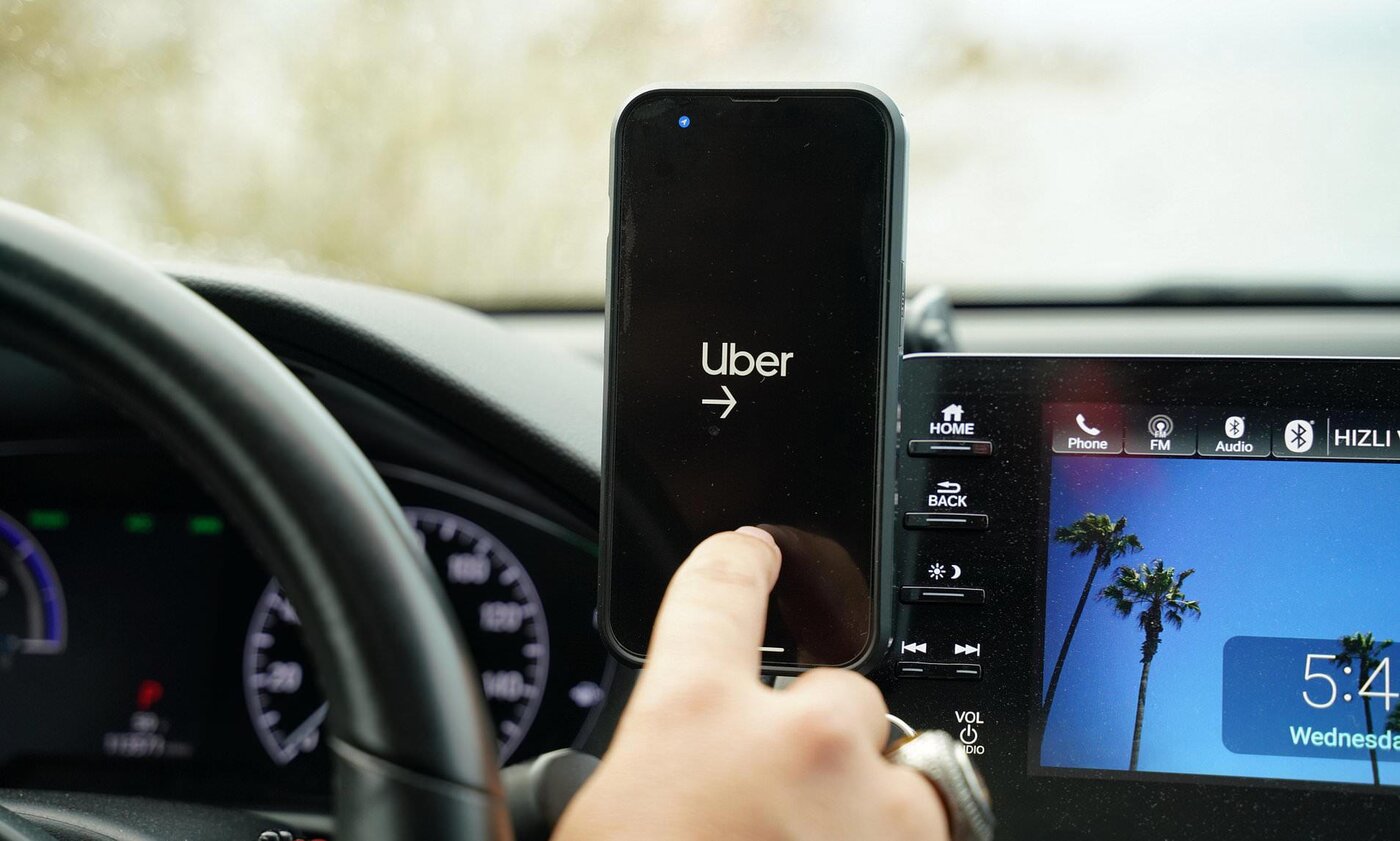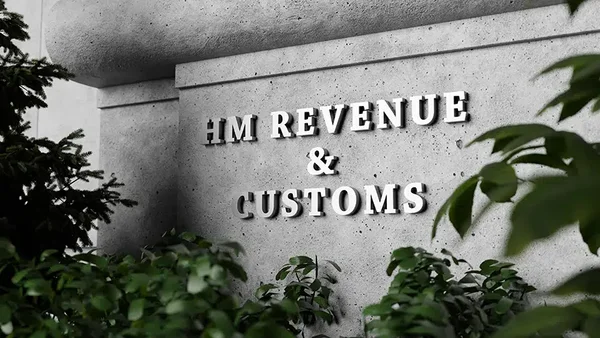Introduction
Plans under consideration by the Labour Party could see the introduction of a 20% Value Added Tax (VAT) charge applied to the fares of private hire vehicles, including ride-hailing services such as Uber and Bolt.
This measure, sometimes referred to as a “taxi tax,” is reportedly intended to align the tax treatment of private hire vehicles with that of traditional taxi operators. The proposal is at the consultation stage, with industry observers warning that the change could result in higher ride fares for millions of passengers across the United Kingdom.
The Labour Party argues the change would correct a tax disparity, while industry representatives raise concerns about potential risks to drivers’ livelihoods and consumer affordability.
Labour’s VAT policy proposes change for ride-hailing apps
Labour is examining changes to the VAT framework for private hire vehicles. Currently, traditional black cabs and large operators already collect VAT on fares, while a majority of private hire drivers and smaller operators are exempt if their turnover is below the £85,000 registration threshold.
Shadow Chancellor Rachel Reeves has indicated that Labour intends to ensure a “level playing field” in the transport sector. The policy under consideration would require all private hire journey providers to register for VAT and remit the standard 20% on all fares charged to passengers.
Proposed VAT charge details and implications
If introduced, the 20% VAT levy would apply directly to ride-hailing apps and minicab firms, resulting in additional costs. Companies such as Uber, Bolt, and Ola would be legally obliged to add VAT to each ride, raising the overall price paid by passengers.
Industry estimates suggest this could lead to significant rises in fare prices. For a journey currently costing £10, the new policy could increase the charge to approximately £12, as VAT is added.
Some industry analysts have cautioned that this effect might be greater in cities outside London, where price sensitivity is higher and journey values are lower.
Economic context for the policy shift
This proposal comes as part of a broader effort to boost tax receipts and address several perceived inconsistencies in how transport services are taxed. According to the Office for Budget Responsibility, public finances are under pressure, and policymakers are seeking new sources of revenue.
The ride-hailing sector has expanded rapidly in recent years, changing traditional transport patterns and growing its overall market share. The Labour plan would bring the tax treatment of these newer services closer to that of established operators.
Industry and political reactions
Industry associations and private hire firms have voiced strong opposition to the proposal. Groups representing drivers argue that higher fares could lead to a reduction in demand and harm the income of thousands of self-employed drivers. Uber has stated that increased VAT charges would “inevitably be passed on to riders,” raising concerns about affordability.
Economic commentators have noted that previous HMRC actions already resulted in certain ride-hailing firms voluntarily charging VAT after legal rulings addressed their role as principals in transactions. However, a comprehensive policy applied sector-wide would have a broader financial effect.
According to reports, some political figures say the measure could generate significant tax revenue but at the risk of pricing services out of reach for some users.
Consumer impact and potential outcomes
Passengers could face immediate cost increases if the VAT policy proceeds. Those relying on app-based services for work or travel in areas without extensive public transport may be most affected.
There are concerns that higher fares might push travellers back to personal vehicles or reduce overall mobility. Advocates for the change argue this measure would ensure fairness in the tax system. They say it addresses an anomaly where traditional taxi drivers are at a disadvantage compared to app-based competitors exempt from VAT.
Others caution that service availability could decline if fewer riders are able to afford journeys at the new price point.
Final Summary
Labour’s proposed VAT change for private hire vehicles and ride-hailing apps is generating debate across the UK transport sector. While the policy aims to equalise tax obligations and improve.public revenue, it risks increasing costs for passengers and posing economic challenges for drivers and operators.
The measure continues to be the subject of consultation and public discussion, with industry and political stakeholders closely watching potential outcomes.
For those tracking developments in personal finance and mobility, accessible tax news and updates are available via the Pie app.











